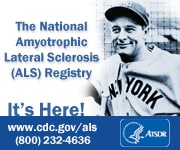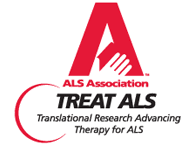What sharing your genetics could mean for research
In today’s issue of the journal Science two papers describe the discovery of a new gene for ALS (you can read the abstracts here and here). 95% of ALS cases are sporadic, i.e. we don’t know what causes them, but for 5% of patients the disease runs in their family (known as familial ALS, FALS). Until today, there was only one major causative gene that we knew about, called SOD1, which accounted for 20% of familial cases. Today’s new discovery of the gene FUS (also known as ALS6) accounts for an additional 5% of familial cases and was the result of an international collaboration between scientists in Boston, London, and Sydney. This is very exciting for research because the more we know about what causes ALS, the better our chances of finding an effective treatment through better understanding of the pathways involved in motor neuron degeneration.
Here at PatientsLikeMe, we’ve recently upgraded our ALS platform to capture data on familial ALS patients’ known genetic mutations. The goal is to help familial ALS patients find another patient like them, and to enhance understanding of the phenotype of each mutation, e.g. if different types of mutation cause a faster or slower disease progression. Ultimately our aim is to try and establish whether there might be any treatments that have a differential effect on patients with different disease-causing mutations. There are examples of this already known in other diseases; for instance the presence of absence of the Philadelphia chromosome in chronic myelogenous leukemia (CML) predicts whether the patient will respond to the drug Gleevec. Although there is currently only a single effective treatment for ALS (Rilutek), there are a number of trials underway investigating the potential of drugs for patients with specific gene mutations.
source & data Patients Like Me
Saturday, February 28, 2009
Subscribe to:
Post Comments (Atom)










No comments:
Post a Comment